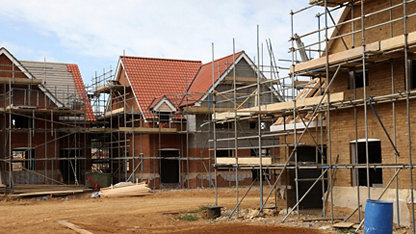Following its updated budget announcement several months ago, which saw cuts to housing and public sector estates, the Welsh Government have now published their planned budget for 2024/25.
This was never expected to be an easy budget, with health and social services being the only part of the public sector to see their budget grow, even then by just 2.6%. Education, economic services, climate change and rural affairs all saw cuts to their budget, with the latter being hit hardest with a 10.5% budget reduction.
The hospitality and leisure industry will see business rates go up, having benefited from relief since the Covid-19 pandemic. There are also warnings that residents could see future rises in council tax, with the Welsh Local Government Association estimating a 5-10% increase in order to protect vital services.
Responding to the budget, Sam Rees, RICS Senior Public Affairs Officer, Wales commented:
“Yesterday’s budget is a clear sign of the financial pressures facing the Welsh Government and a mixed picture for the built environment.
“Access to safe, high-quality housing in Wales is essential, and while we welcome the protection of the Housing Support Grant for protecting front-line services – members working in social housing have expressed their concerns about potential cuts to the vital services as the grant has failed to rise significantly in many years. We also welcome the fact that the Welsh building safety remediation funding is being protected.
“The commitment to growing housing supply, especially through investment in bringing back to life empty homes is good to see, although we know from the emergency budget earlier this year that the programme has been scaled back. With increasing challenges in delivering new homes due to a variety of reasons including planning, inflation and skill constraints, prioritising the occupation of those long-term empty homes would have made more sense.
“RICS is also concerned about the steep cuts to apprenticeship funding in Wales. We have long campaigned to expand investment into built environment apprenticeship funding to help meet our critical housing and climate change needs, and while we appreciate the government need to reduce costs, cutting the training and education budget for such courses by £38m is risking 10,000 new apprenticeship places in the next year alone. Research has shown that for every £1 invested in apprenticeships, returns on average £28 in economic benefit, along with vital work and social benefits.”













